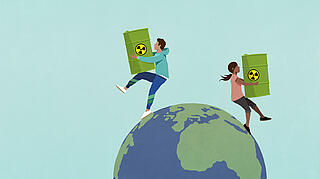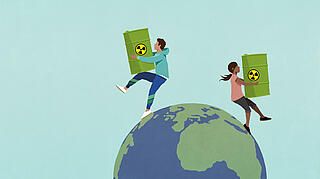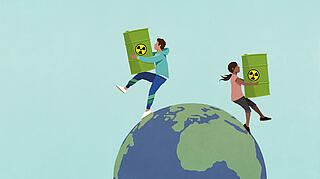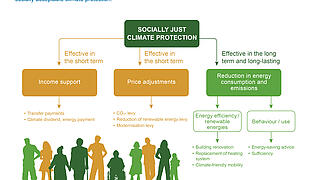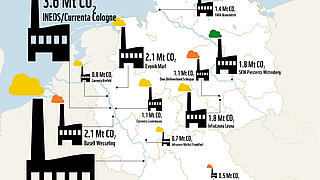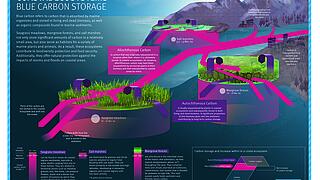Biological diversity (biodiversity) refers to the wealth of living organisms on our planet. It includes the entire spectrum of natural habitats or ecosystems worldwide, which are vital for human life and survival, prosperity and wellbeing. However, humankind itself is the cause of massive species extinction in the world’s rainforests and oceans, on farmland and in the air. The degradation of natural and agricultural ecosystems is accompanied by a loss of ecosystem services. These are the nature-based services from which we humans benefit: clean air and water, food and firewood, flood protection and climate regulation.
The conservation of biodiversity, the legal frameworks required for this purpose and the role played by civil society organisations and individual consumption all form part of the Oeko-Institut’s research and consultancy in this area. Its researchers therefore focus on policy strategies and instruments that can be used to conserve biodiversity and maintain ecosystem services. They also seek to identify agriculture’s potential contributions to biodiversity conservation and explore issues around land use competition.


